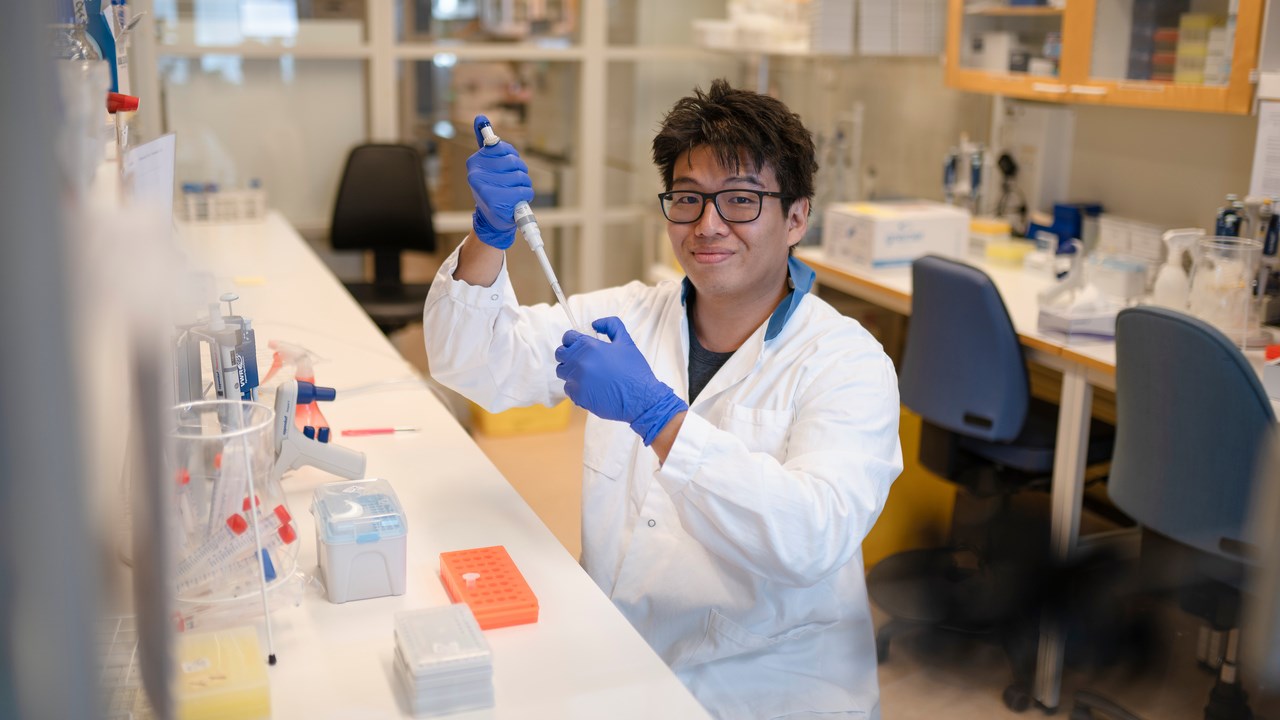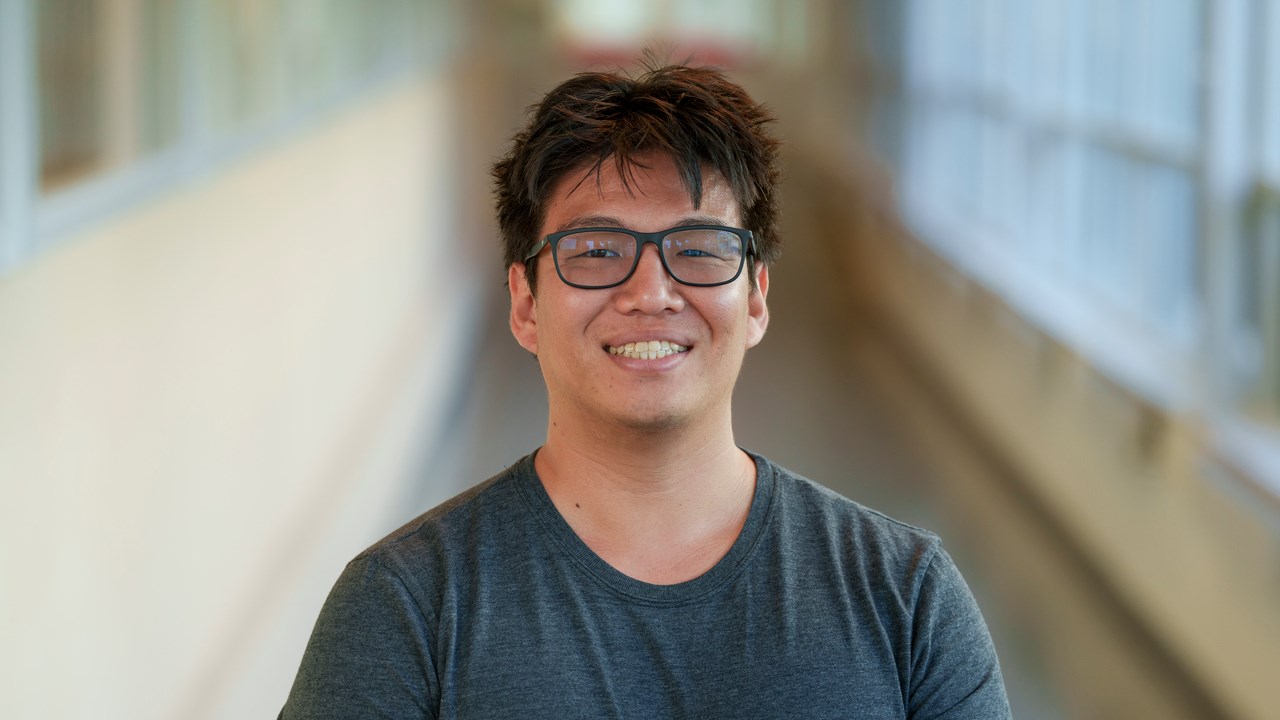Short facts about Túlio:
Coming from: Brazil
Me in three words: Kind, Introverted, Focused.
Reading: Red queen, Harry Potter, A ordem vermelha, filhos da degradação (Brazilian Book)
Streaming: The Last of Us, The Mandalorian, Stranger things
Listening to: Japanese pop, Japanese rock, heavy metal, hard rock, classical music, Korean pop, folk music
Unexpected talent: I know how to build a PC for games or for work
Miss from home: Pão de queijo from Minas Gerais, my state in Brazil
Wanted to become when I was a child: I think it was professor or a fireman.
Make me laugh: Dad jokes
On my bucket list: To have my own house
Favourite holiday of the year: The new years eve




